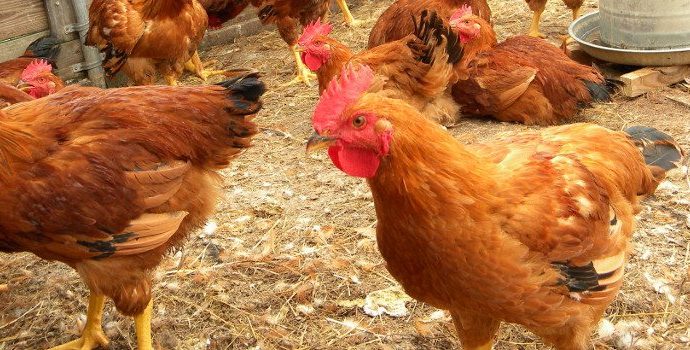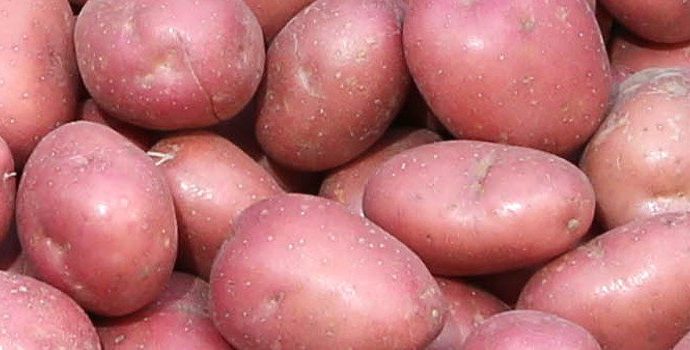Nitrates Review Provides Opportunity for Sustainable Growth of Agri-food Sector
The Nitrates Review is an opportunity to position Irish farming for sustainable growth, IFA Environment Chairman Thomas Cooney has said.
“The current review of the rules surrounding the use and management of nitrogen and phosphorous on Irish farms provides a real opportunity to reverse decades of declining soil fertility levels and ensure Ireland’s farming sector is well positioned to sustainably grow agri-food exports to almost €20bn over the next decade, and to create 23,000 jobs in the agri-food sector,” Thomas Cooney said.
Exports from the agri-food sector have grown by more than 50% since 2009, reaching over €11b in 2016. This growth has been delivered through increased efficiency and better use of resources. For example, since 1996 cattle numbers in Ireland have reduced by 1 million, greenhouse gasses have declined by 4 million tonnes, and rivers considered to be seriously polluted have declined by 92%. Over €2bn has been spent on slurry storage and on ensuring that farmyards are at the highest environmental standards
Thomas Cooney said, “Ministers Coveney and Creed, who are leading the current Nitrates Review must use the opportunity to build on the progress made by the farming community. Chief priorities include the continuation of both the derogation for the dairy and livestock sector and the transitional arrangements for pig and poultry farmers.
“To support the rebuilding of fertile soils, a lime investment programme must be introduced as part of this review to support the rebuilding of fertile soils. This must be supported by more open access to Teagasc’s nutrient management planning tools, which should be available to all farmers at no cost initially to maximise adoption of best practice.
“This review is taking place at an important time in the development of Ireland’s agri-food sector. Many of the measures proposed by IFA in this review are focused on better resource management, which delivers on the double dividend of reducing costs while protecting the environment by decreasing greenhouse gas emissions and the risk to water quality,” Thomas Cooney concluded.
IFA’s Submission to the Nitrates Review calls for:
- The continuation of the nitrates derogation for dairy and livestock farmers.
- The continuation of the transitional arrangements for the pig and poultry sectors.
- Greater slurry spreading flexibility for farmers, based on best agronomic conditions.
- A reduction in the level of administrative nitrates penalties imposed on farmers annually, which are not contributing to improving water quality.
- Increased nutrient allowances, particularly phosphorous for tillage and grassland systems, to address build up rates and declining P levels in soils.




